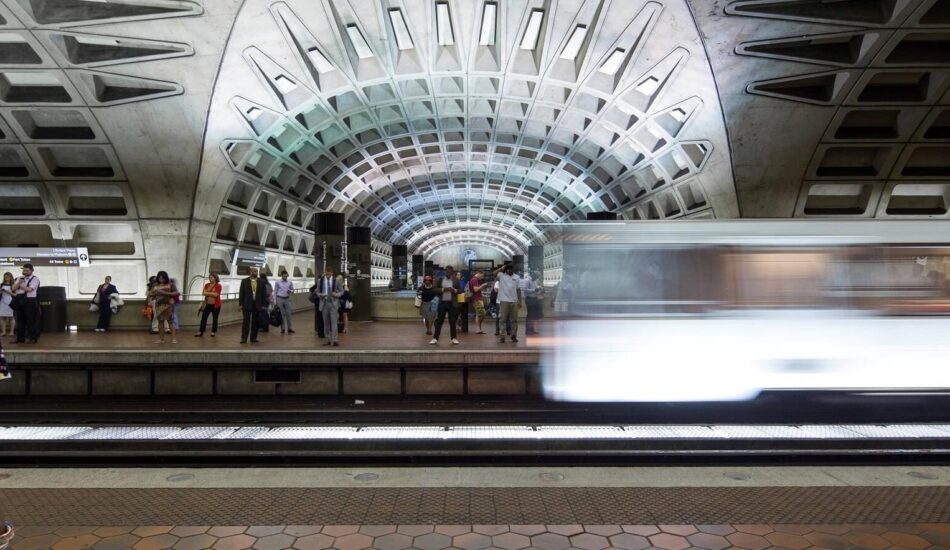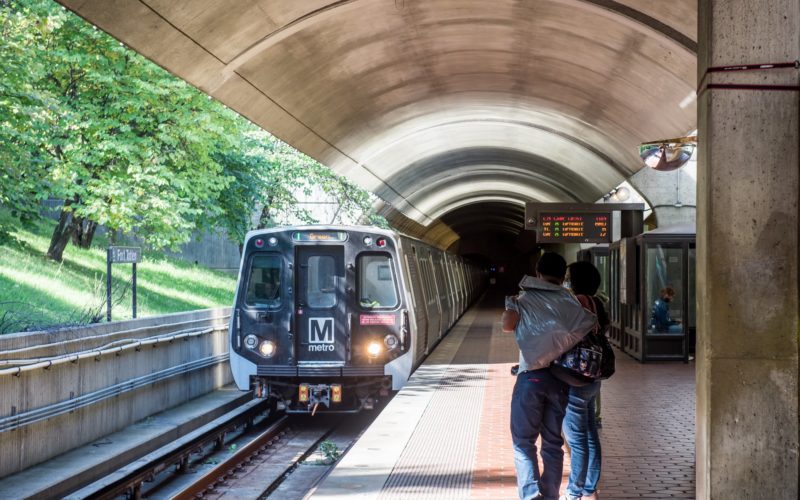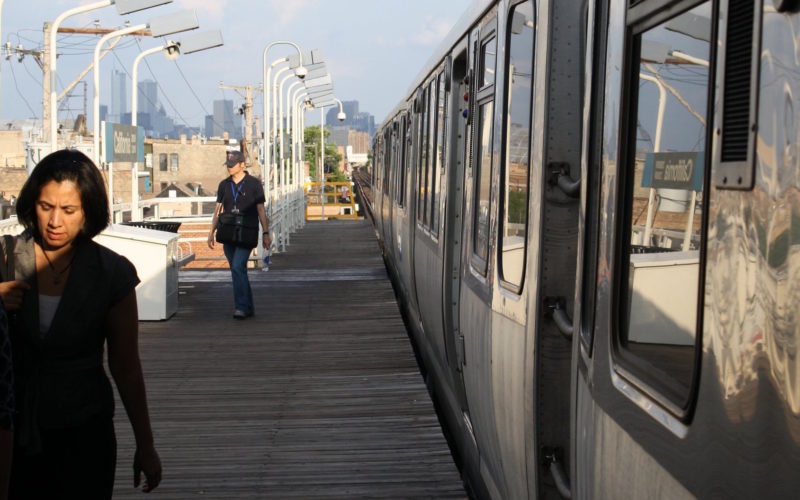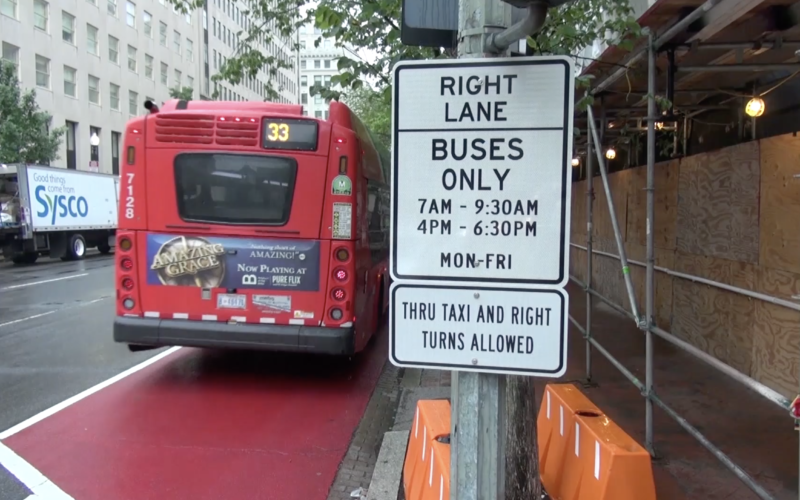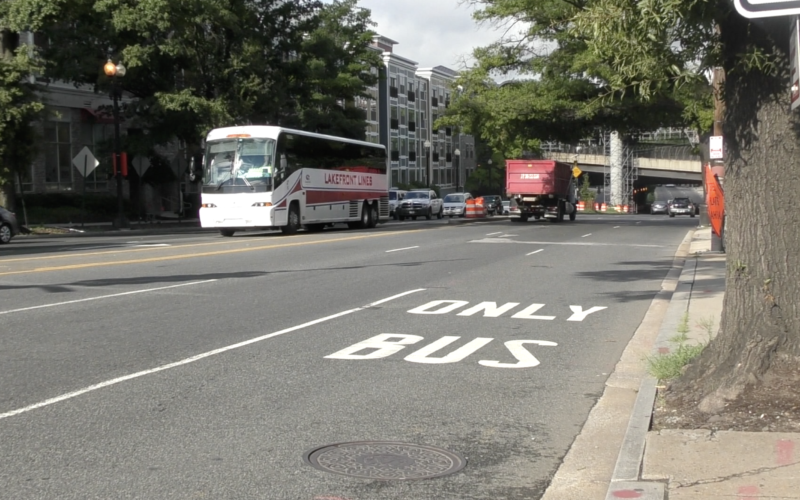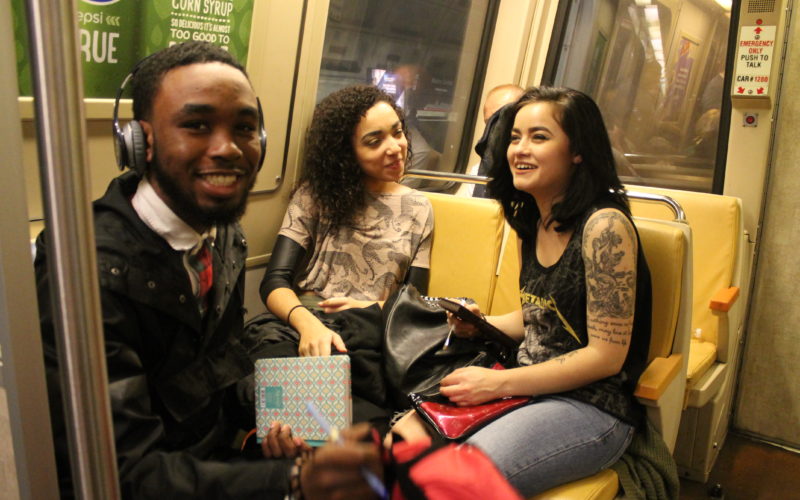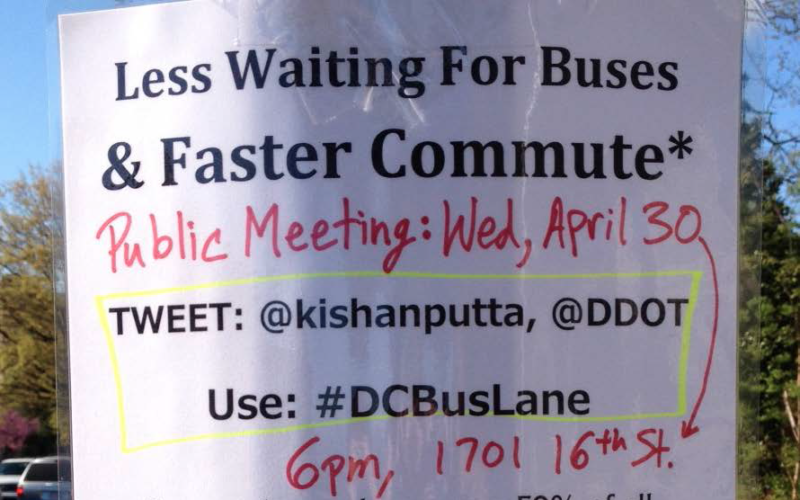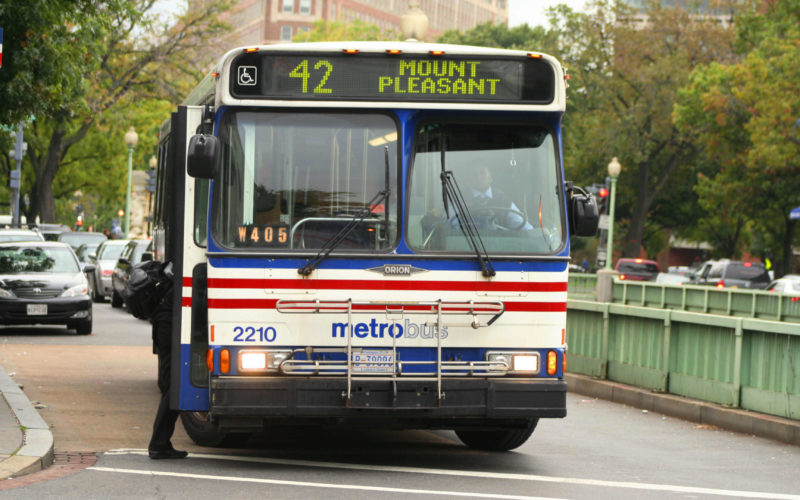The experience of being a WMATA rider has substantially improved over the last 18 months, thanks to changes the agency has made like adding off-peak service and simplifying fares. Things are about to get even better with the launch of all-door boarding later this fall, overnight bus service on some lines starting in December, and an ambitious plan to redesign the Metrobus network. But all of this could go away by July 1, 2024.
Read MoreMechanical problems with the 7000-series train cars and lapsed rail operator certifications have caused rail service levels on WMATA to plummet, but the agency is running 100% of pre-pandemic bus service.
For the ten U.S. regions with the most transit ridership, we estimate that CARES Act funds will cover agency shortfalls for an average of 5.4 to 8.3 months. For agencies in the rest of the country, CARES Act transit funds will last 12.6 to 20.8 months, on average.
This summer, DDOT is testing out a new approach to quickly implement bus priority treatments at low cost.
Read MoreDC transit riders will be seeing red this summer -- in the best way. From June to September, rush hour bus lanes are coming to H Street and I Street downtown.
Read MoreNew data suggests that younger people have been the least likely to return to WMATA following years of crisis.
Transit that is useful to people requires more than just lines on a map. Many of the changes needed to create more effective transit are shaped at the most local level.
Read MoreA new Administration and Congress are arriving in Washington, and transportation players there are engaged in their biennial ritual: speculating about a federal transportation package.
Read MoreThe ongoing crisis at Metrorail makes it all the more puzzling that so little has been done by local governments to prioritize Metrobus, which lost riders in 2016.
Read More